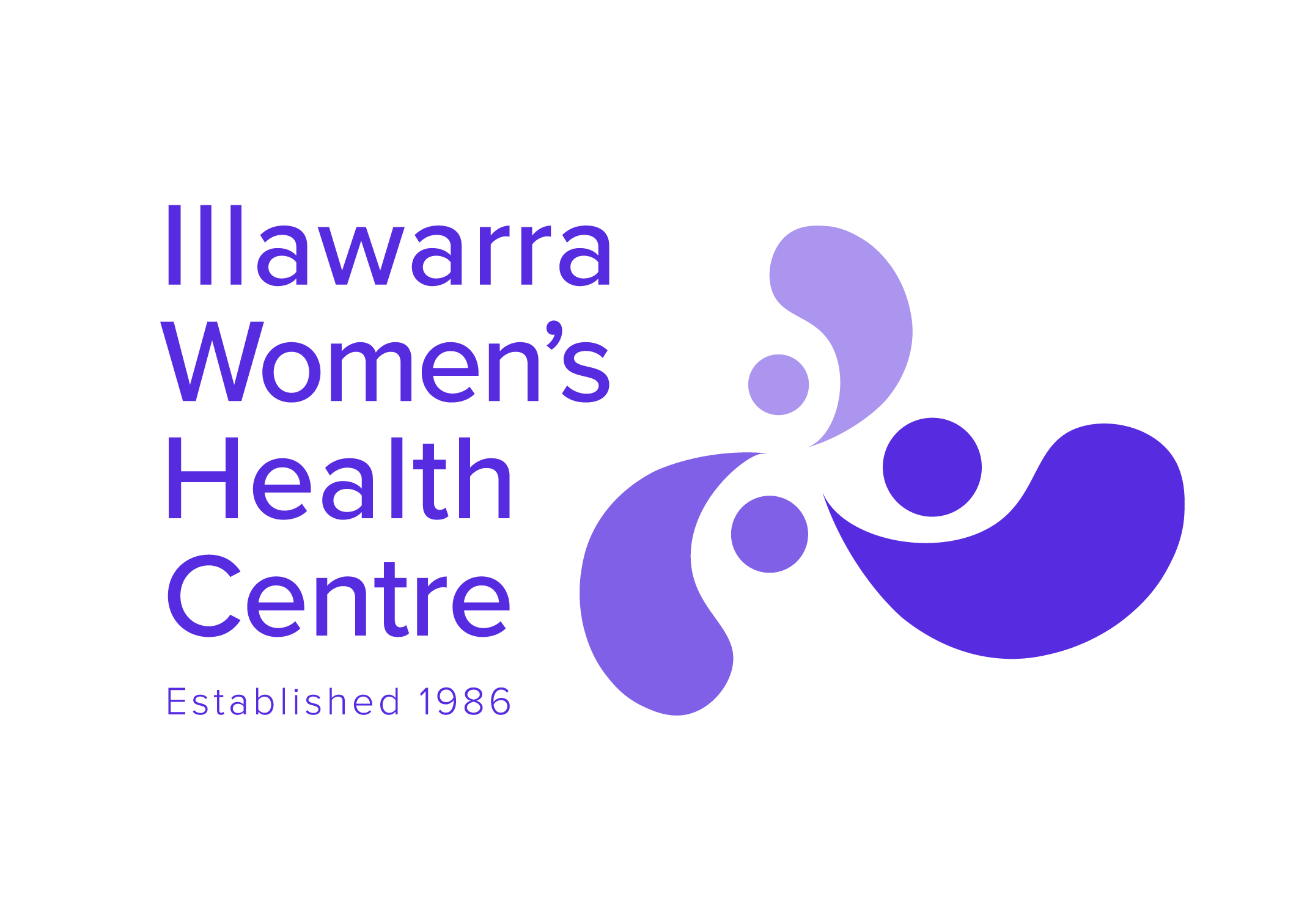Illawarra Mercury – Sally Stevenson AM
It would be easy to start 2023 feeling pessimistic about the world, especially the future for women and girls.
Let me count the ways.
Firstly, this year we saw women’s and girls’ human rights continue to be crushed in Afghanistan. This month, the Taliban added a ban on women working for humanitarian aid organisation or attending university to their ban of girls attending high school.
Not only does this destroy hope for millions of girls and women, but it will also ‘have a significant and immediate impact for humanitarian operations in the country’, a country already experiencing a famine.
Secondly, from the floods in Pakistan where unprecedented monsoon rains caused widespread flooding and destruction affecting a staggering 33 million, drought in Somalia and South Sudan and increasing rates of malaria and dengue fever worldwide, the humanitarian consequences of the climate emergency have been clear in 2022. We know the impact of climate change is gendered, disproportionately impacting women and girls.
As Mary Robinson, former President of Ireland and UN High Commissioner for Human Rights and Envoy on Climate Change, noted ‘there should be far more real acknowledgement of the gender discriminations in the climate crisis ….[there is talk] about loss and damage – the loss and damage suffered by women and girls is disproportionately terrible.’
Thirdly, the targeted impact on women and girls during armed conflict continues. The war in Tigray, Ethiopia, for example, has been defined by extreme violence against women and girls, with UN experts warning that rape has appeared “to have been used as part of a deliberate strategy to terrorise, degrade, and humiliate the victims and the ethnic minority group that they belong to, with the acquiescence of the state and non-state actors parties to the conflict.”
Next, women’s access to safe and timely sexual and reproductive health care remains desperate. An estimated 25 million unsafe abortions take place each year leading to the hospitalisation of about 7 million women a year in developing countries, and almost 4%-13% of maternal deaths globally.
Fifth, and closer to home, we see Australian women’s health and wellbeing significantly declining over the past decade, as reported by the Monash Centre for Health Research and Implementation, in the recently released National Women’s Health and Wellbeing Scorecard.
The scorecard found Australia ranks 70th on women’s economic security and opportunity, that Australian women have disproportionately less income and superannuation and are more likely to be in poverty than men.
Women also have worse health outcomes in almost all areas than men, and high levels of psychological distress. It states progress to change this is “either not being made or is too slow, with\ over a century needed to close gender gaps”.
This year we saw rates of domestic and family violence and sexual violence continuing to escalate.
Sixteen women were murdered in the last month.
And lastly, despite clear evidence of the unique challenges that women and girls face within our health system, challenges such as delayed diagnosis, overprescribing, dismissal of pain or other symptoms which lead to poorer health outcomes, we continued see a lack of gendered analysis when planning new hospitals and a failure of our health system to provide accessible and non-judgemental abortions.
And, disappointingly, we continued to experience resistance by the NSW Government to support an evidence-based, community-led and supported, Women’s Trauma Recovery Centre designed with victim survivor experiences and insights central to its model of care.
But there is a case for optimism, a reason to hope that things will get better
Firstly, let’s look at grit. US psychologist Dr Angela Lee Duckworth from the University of Pennsylvania has undertaken research on what is the key critical characteristic of a person that will make them, over the long term, successful.
She examined who and why people were successful across starkly different settings: Westfield Military Academy to the National Spelling Bee to global businesses to a range of socio-economic school settings. She found that doing well in school and life depends much more than one’s ability to learn quickly and easily.
In fact, the one characteristic that indicated success was not IQ, social standing, financial means or good looks – it was ‘grit’.
Grit defined as passion and perseverance. Grit defined as stamina working towards long term goals for years.
Sheer grit and hopeful resistance is what we see in overwhelming abundance from women around the world. In Afghanistan women took to the streets in defiance of these new laws. We remember heroes such the previous Afghanistan Independent Commissioner for Human Rights Dr Sima Samar, who operated an extraordinary network of underground medical clinics for women and schools for girls the last time the Talban were in power, and know there will be those that, at risk of their lives, will do it again.
In Iran, protests erupted around the country with women taking to the streets to dance, cut off their hair and burn their hijabs in response to 22-year-old Mahsa Amini allegedly being beaten to death in custody after being arrested by the morality police who enforce the dress code.
With chants of “woman, life, freedom,” this feminist revolt continued to swell into an uprising that has become the most significant in Iran since the 1979 revolution, demonstrating how powerfully civil disobedience could challenge inequality.
We saw the world explode with protests over a women’s right to abortion.
Every day women at the Illawarra Women’s Health Centre show grit. Whether it is domestic and family violence victim survivors resisting their perpetrators and the criminal justice system, protective mothers battling their perpetrators and the family law system, intergenerational carers, women caring for grandchild or partners with dementia, women facing homelessness, women in poverty, women needing mental health care, or social and community connection, their grit is palpable and inspiring. Every day we see them face life with determination, persistence and care.
Every day we see Grit.
As we head into 2023, we see changes in policy, thinking and investments that have been driven by fierce and gritty women. We see perpetrators being placed in the spotlight. We see the National Plan to Eliminate Violence against Women and Children include recovery and healing for the first time, and we see the establishment of new organisations such as the Independent of Collective of Survivor and Sisters in Law.
We see the Federal Government forming a National Women’s Health Advisory Council to address stark differences – the “medical misogyny” – in the health outcomes for women and girls. The Council will look at the healthcare offered to women and girls when it comes to menstruation, reproductive healthcare and menopause, as well as medical consent, heart disease, autism, cancer care and pain management.
In the Illawarra we have a history of women with grit. The Women of Steel were gritty women.
Today, we have women such as Lula Dembele, Jane Matts, Jacquie Charlesworth, Patricia Cullen. We have the whole Illawarra Women’s Health Centre team – who have so much grit they could fill Lake Illawarra with pearls.
With this team, full of passion and perseverance, we plan to open the doors of the Womens’ Trauma Recovery Centre in 2023.
Knowing these women, and that women around the world will always fight, protest, agitate, argue and persist, lets welcome 2023 with optimism. With hope for a world where women and girls are safe, healthy and respected.
Happy New Year!
Sally Stevenson AM, Executive Director Illawarra Women’s Health Centre


